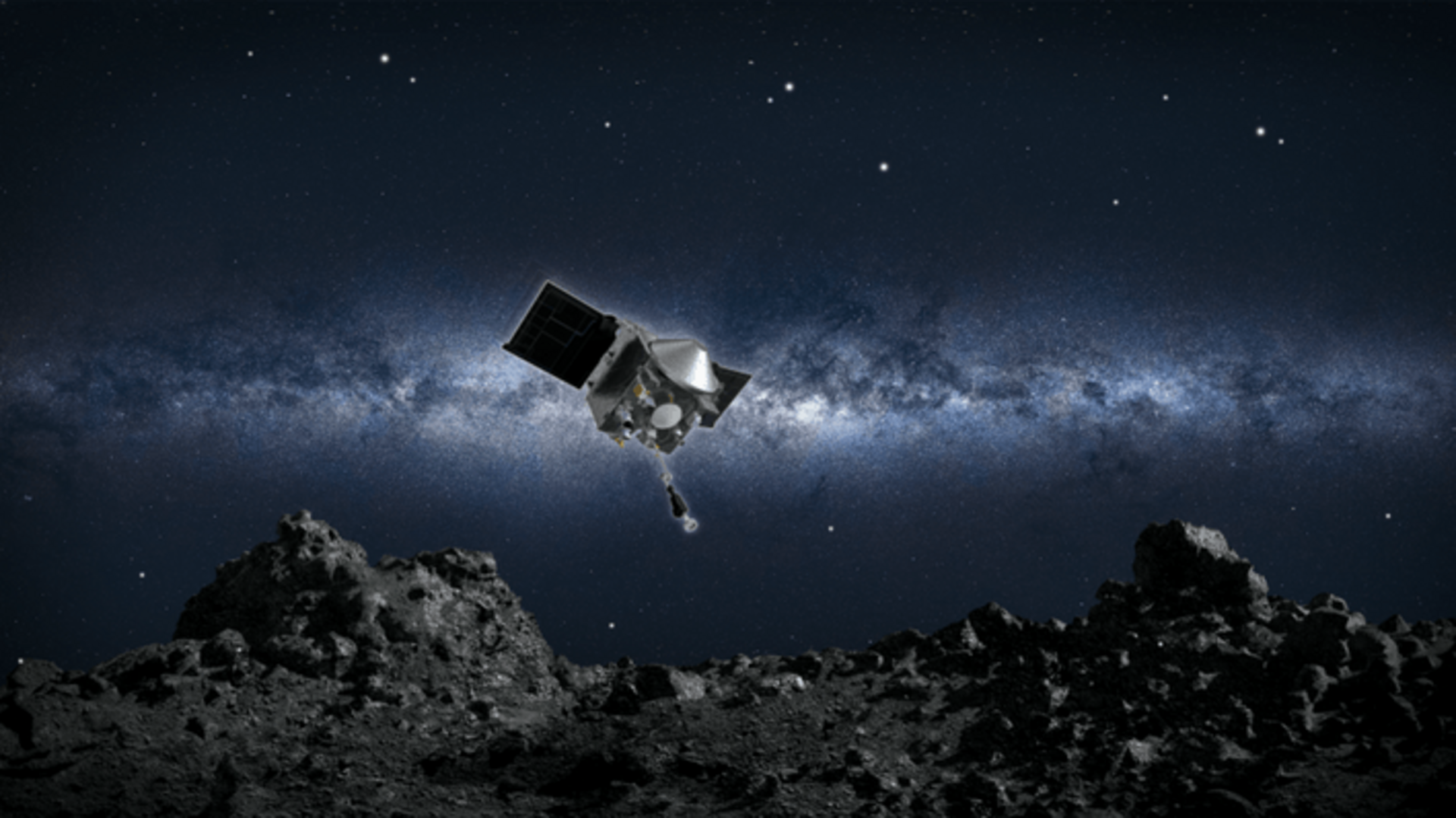
NASA's OSIRIS-REx mission to return asteroid samples on September 24
What's the story
Later this month, NASA's OSIRIS-REx mission will return to Earth, bringing back samples from an asteroid, called Bennu. The spacecraft, which is about the size of a van, is the first US spacecraft to return asteroid samples. Interestingly, the samples collected by OSIRIS-REx (short for the Origins, Spectral Interpretation, Resource Identification, Security-Regolith Explorer) could reveal vital details about the origins of life in the solar system and the movement of potentially hazardous asteroids like Bennu.
Insights
Journey to Bennu: Sample collection and return
After launching in September 2016, OSIRIS-REx performed a close flyby of Earth before arriving at Bennu. The spacecraft entered orbit around the asteroid and studied its surface for almost two years. It wasn't until October 2020 that the spacecraft touched down on a rocky site named Nightingale. Over the course of its operations, the mission is estimated to have collected 250g of asteroid specimens. The mission left the asteroid in May 2021 and embarked on its journey toward Earth.
Significance
What's special about asteroid Bennu
Studying asteroids like Bennu could improve our understanding of how life on Earth began and the potential threats posed by near-Earth asteroids. Water on Earth is believed to be older than the planet itself and was likely brought by asteroid and comet impacts. Bennu's high carbon content and potential primordial molecules make it an ideal candidate for studying the origins of life.
Plans
NASA recently completed a crucial test ahead of sample delivery
According to plans, on September 24, OSIRIS-REx's sample return capsule will separate from the main spacecraft, about 250km above Earth's surface and enter the planet's atmosphere. The capsule will then make a parachute-guided landing at the Utah Test and Training Range. NASA is now in the final phase of preparing for the mission's sample return. About a week ago, the space agency completed a crucial drop test of a mock OSIRIS-REx sample capsule at the intended landing spot.
Future plans
Scientists from across the world will investigate the returned samples
Once OSIRIS-REx's sample return capsule lands, it will be taken to a mobile clean room from where the asteroid samples will be extracted. The samples will be carefully handled to avoid contamination and sent to multiple labs for analysis. Around 200 scientists from across the world, including JAXA (Japan Aerospace Exploration Agency), and CSA (Canadian Space Agency) are said to be involved in the investigations. Also, about 70% of the returned specimens will be preserved by NASA for future studies.